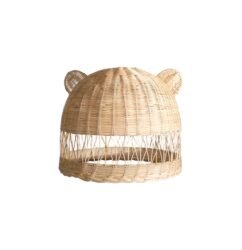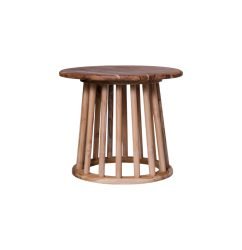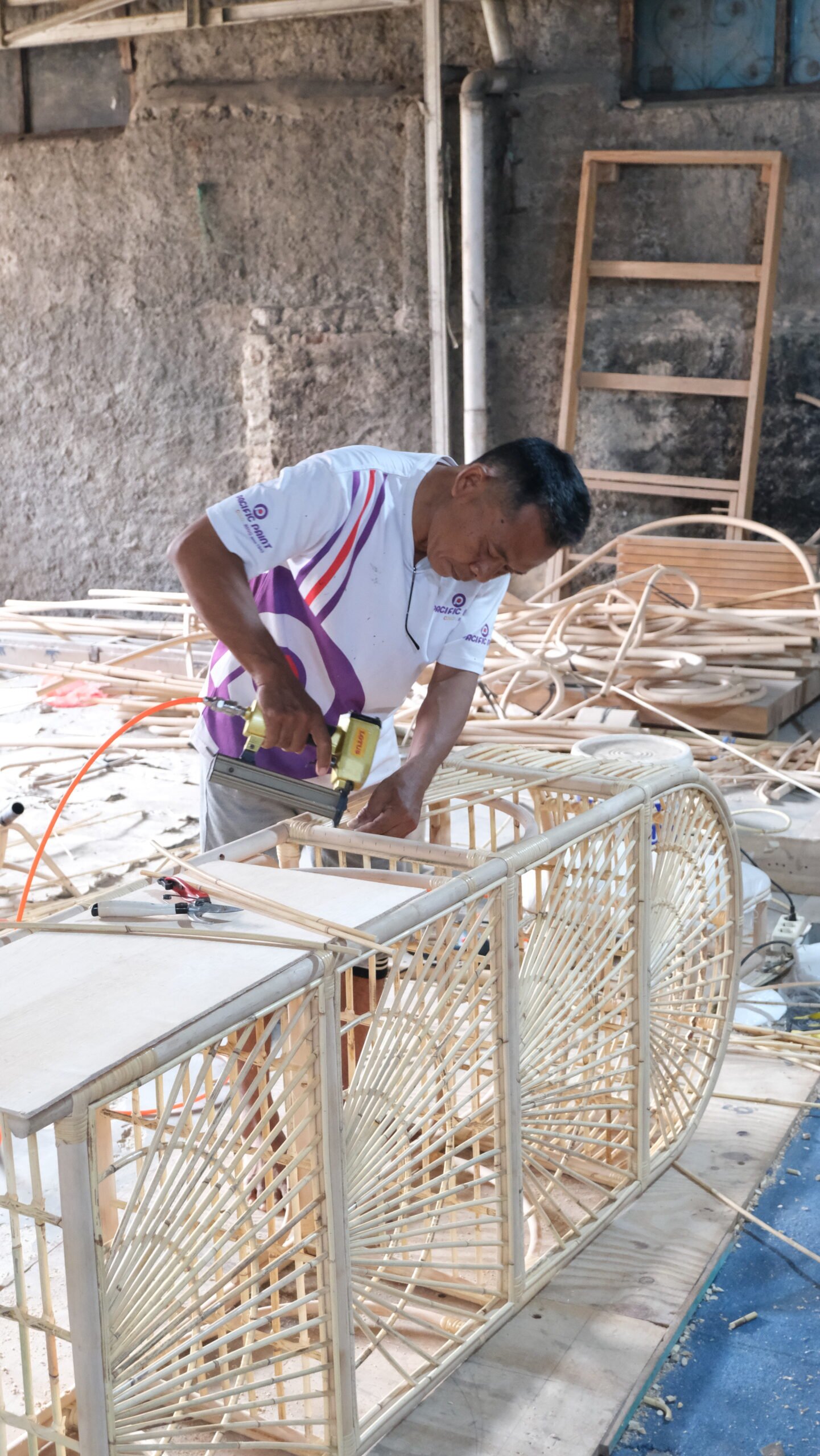Today’s consumers are more informed and conscious than ever about where their products come from. In the rattan furniture industry, ethical sourcing is becoming a powerful driver of purchasing decisions. Beyond environmental benefits, ethical sourcing practices can directly influence sales, brand loyalty, and long-term market growth. Let’s explore how.
What Is Ethical Sourcing?
Ethical sourcing refers to ensuring that the materials, labor, and processes used to make rattan furniture meet responsible standards. This includes:
✅ Fair wages and safe working conditions for artisans
✅ Sustainable harvesting of rattan without harming forests
✅ Compliance with environmental regulations
✅ Transparent and traceable supply chains
When buyers know their rattan furniture supports ethical practices, they feel better about their purchases — and are often willing to pay more for them.
Why Ethical Sourcing Matters for Rattan
Rattan is a renewable natural resource, but overharvesting and irresponsible practices can damage fragile ecosystems. By promoting ethical sourcing, manufacturers help:
- Preserve tropical forests and biodiversity
- Support fair-trade communities and small-scale harvesters
- Enhance the overall sustainability of the furniture industry
This resonates strongly with eco-minded consumers, interior designers, and even corporate buyers looking to meet their own ESG (Environmental, Social, and Governance) goals.
How Ethical Sourcing Boosts Sales
Here are specific ways ethical sourcing can increase rattan furniture sales:
1. Builds Brand Trust
Customers associate ethically sourced products with trustworthy brands. This builds brand loyalty and makes repeat sales more likely.
2. Opens Premium Markets
Hotels, luxury resorts, and premium retailers increasingly demand ethical sourcing certifications. Meeting these requirements can open doors to lucrative projects.
3. Supports Strong Marketing Stories
Storytelling around fair trade, artisan communities, and forest conservation adds authentic value to your brand and product marketing, making your rattan furniture more desirable.
4. Meets Regulatory Requirements
In some markets, certifications such as FSC (Forest Stewardship Council) are becoming mandatory. Ethical sourcing ensures compliance, avoiding costly legal or trade barriers.
Challenges of Ethical Sourcing
Of course, there are challenges. Ethical sourcing may involve:
⚠️ Higher costs due to fair wages and certification fees
⚠️ Stricter supplier management
⚠️ More complex documentation
However, these challenges are often offset by higher customer willingness to pay, reduced reputational risk, and easier market access.
Final Thoughts
Ethical sourcing is no longer a “nice-to-have” — it’s a business advantage that can drive rattan furniture sales. By prioritizing fair trade, sustainability, and transparency, manufacturers not only protect natural resources but also strengthen their brand position in a competitive, eco-aware global market.





